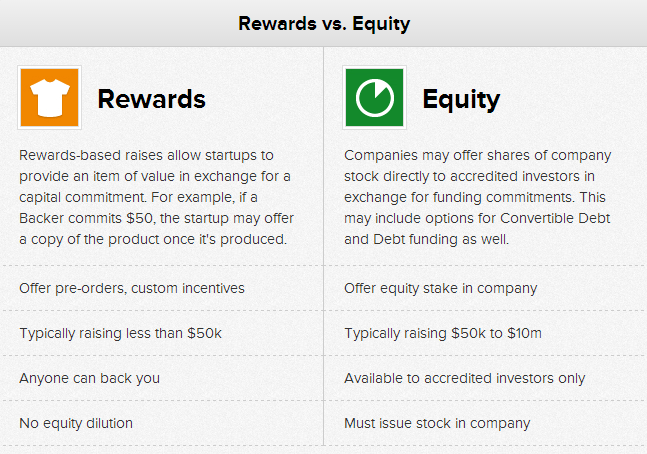Endless questions arise and everything entrepreneur I would like to have the magic wand that reveals the future to know if the decisions you will make are correct.
However, in practice this is not the case. For example, some common questions that require a decision are:
When should I start?
How much should I invest?
What type of business should I start?
What means will I use to promote myself?
Do I invest in this now or do I wait?
Do I hire this person or this person?
Do I continue with this provider or do I change it?
This to mention just a few examples. Today I share you at least 10 tips to make the right decisions in business.
- The decision carries consequences, always. Every day, every moment, every second we must make decisions but we must be very clear that together with them, we take the consequences of them. For example, if we decide to hire a salesperson, we will know that it represents an impact on our budget but at the same time it will represent a definite increase in sales.
- The consequences of a decision cannot always be measured immediately. The results could be perceived in the short, medium and long term. Being aware of when we will see the results is essential as a decision can be positive in the short term but could be negative in the long term. Example: lower or raise prices.
- In technical matters it is convenient to seek advice to make the best decision. If you need to buy a special machine, if you need to implement a new system. You should always find someone who already has that system or that machine and who can offer you a realistic perspective of what the experience is like in both positive and negative aspects, that way you will save a lot of headaches due to unforeseen events.
- Gather as much information as possible before deciding. One of the great mistakes in business is deciding about something without having all the necessary information for your judgment to be correct. Similarly, deciding under the influence of strong emotions such as anger, anger, or sadness is never convenient. Always gather all the information relevant to what you have to decide on, especially if they are labor disputes.
- Ask yourself questions (plan strategically). A well-known technique for making wise decisions is to ask yourself questions like What? How? When? Who? Where? Answering them about that particular situation will allow you to clarify your thoughts and define when is the right time for something.
- Analyze other alternatives. Before deciding, always explore other alternatives. It doesn’t mean that your decision is bad, it just means that there could be better ones. To do this, it is convenient to define your sense of priorities and urgency and take the time to analyze if you can obtain the same results in a different way. For example: decisions such as reducing staff, increasing prices, investing in an event, etc.
- Brainstorm. Gathering your work team or gathering a group of very sensible, creative and intelligent people to help you brainstorm or brainstorm to evaluate or improve your proposal is also a method that works very well. This is convenient for example to decide the name of a product, colors for a uniform, a logo or slogan, etc.
- Finally Decide !. If you are in the process of taking a business decision, it is important to decide. Wavering or doubting for a long time about something only creates a negative sense of insecurity. When in doubt, it is always convenient to take the step. It is better to make mistakes and rectify the path than to do nothing. But the worst of all may be to stay in the space of doubt. Examples: when you need to do without an employee, when you want to stop providing a service or even when you need to close your business, which is not the end.
- Evaluate the results. Deciding about something is just the beginning of the process. Then, you must monitor and follow up on what you have made a decision about. You must seek feedback that allows you to evaluate and have better judgment in future opportunities.
- Avoid anxiety. Another common mistake that you should avoid is making decisions due to anxiety or pressure from the environment. Remember that not by deciding immediately you will have effectively resolved a situation in its true magnitude. So look for moments of serenity to write and evaluate all the relevant aspects to take into account.
In conclusion we could say that a decision is good if in addition to producing economic or commercial results, it produces tranquility, growth, development and peace.
If you want more business ideas:

























